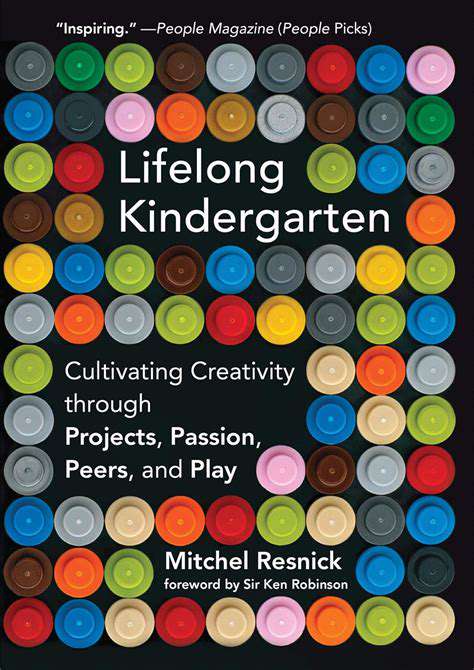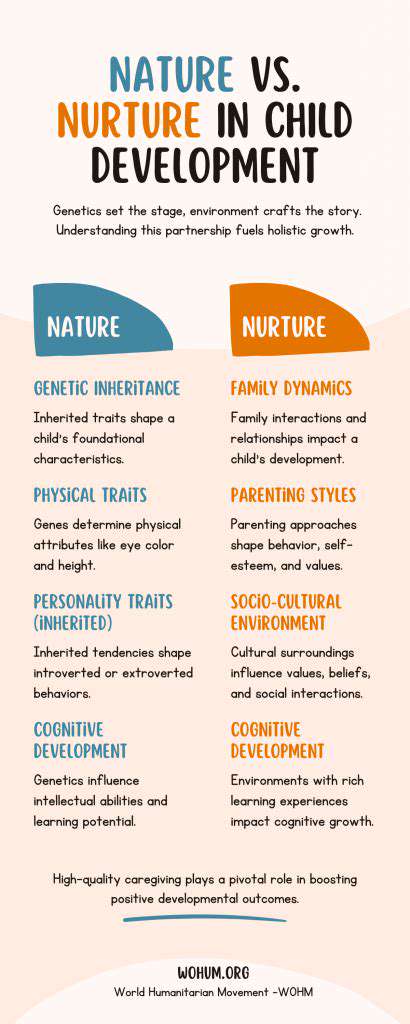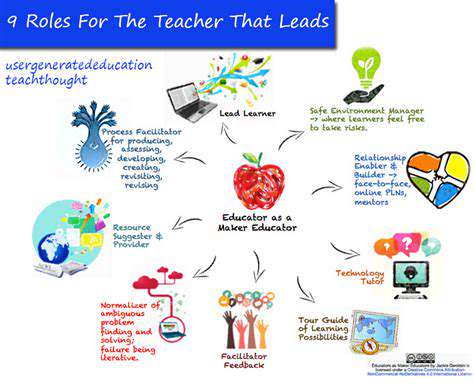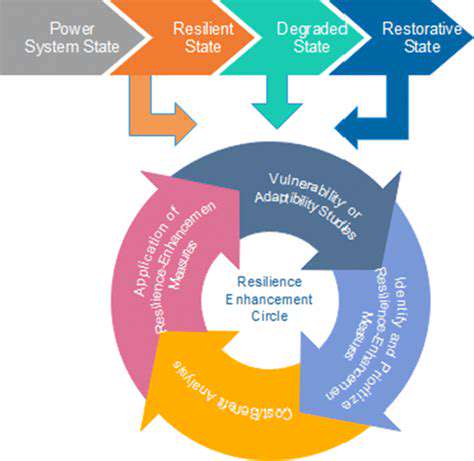HTML
CSS
Equilibre du Temps d'Écran : Des Habitudes Saines pour les Familles
Promouvoir la participation active et les solutions de rechange
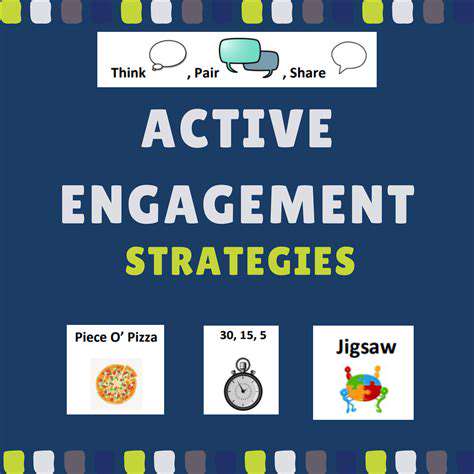
Encourager la participation active
Une participation active dans tout environnement d'apprentissage, qu'il soit en ligne ou en personne, est essentielle pour l'acquisition de connaissances
Read more about Equilibre du Temps d'Écran : Des Habitudes Saines pour les Familles
Reconnaître la dépression infantile : signes précoces
Apr 30, 2025
Établir des routines saines pour la période préscolaire et au-delà
May 04, 2025
L'exemple comme guide : Comment les parents façonnent le comportement
May 04, 2025
Présentation de leçons de responsabilité financière aux jeunes enfants
May 05, 2025
Gérer le stress parental tout en étant présent pour les enfants
May 06, 2025
Définir des attentes réalistes pour favoriser une croissance équilibrée
May 06, 2025
Soutenir les enfants dans la transition entre les grandes phases de la vie
May 09, 2025
Solutions aux rivalités entre frères et sœurs : Promouvoir la paix et l'harmonie à la maison
Jun 09, 2025
Préparation à la maternelle : Guide pour une transition en douceur
Jul 02, 2025
Le rôle du jeu dans le développement cognitif : des activités stimulantes pour le cerveau
Jul 03, 2025
Allumer la curiosité chez les jeunes apprenants : encourager l'exploration
Jul 05, 2025
Surmonter l'adversité : Enseigner la résilience en temps difficiles
Jul 08, 2025








